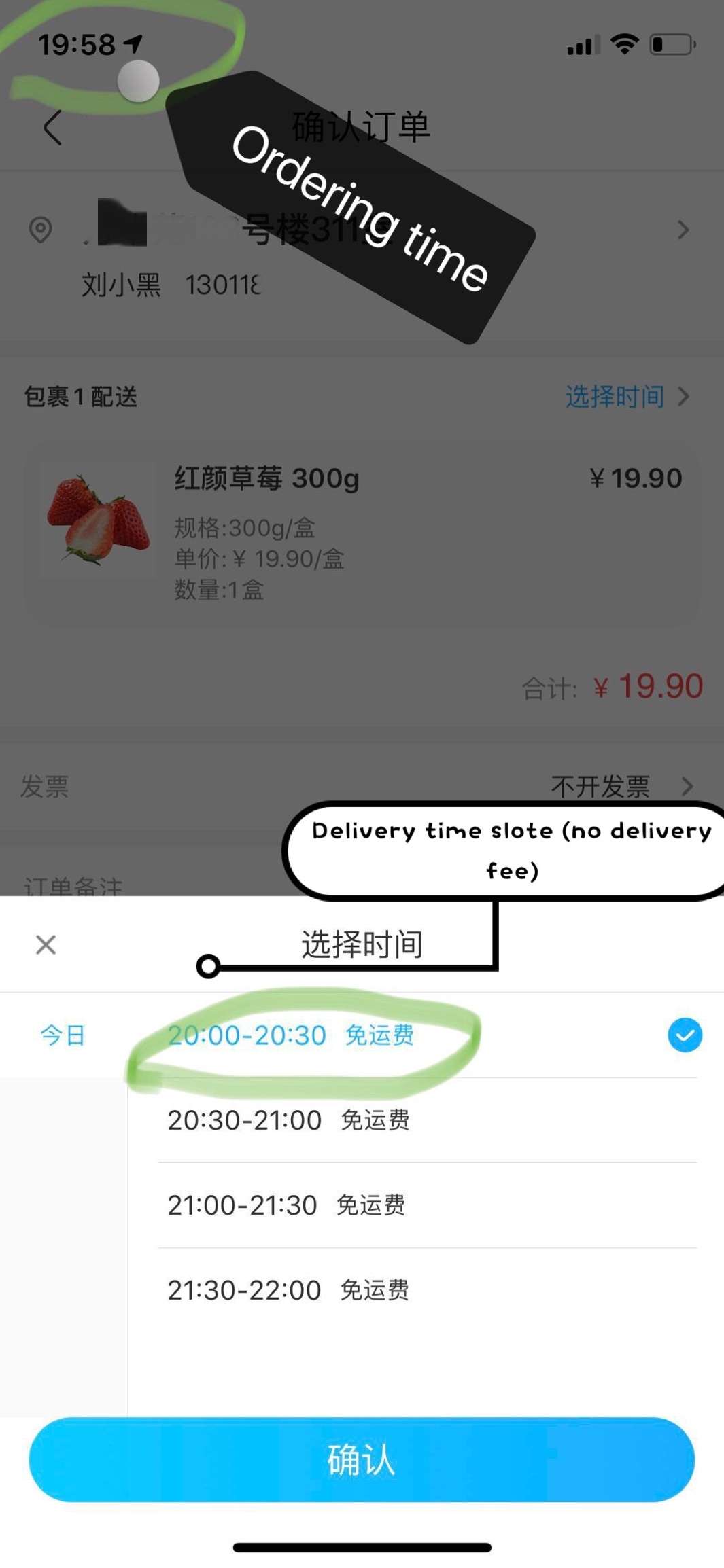As part of the WARC Guide to marketing in this recession, Sami Wong, psychoanalytic psychotherapist and research director, explains why it's so important for brands to provide a sense of 'stability' to consumers in China.
As the COVID-19 outbreak continues to spread throughout the global community, governments are introducing strict lockdowns in an attempt to clamp down on the COVID-19 virus. The combination of a deadly invisible enemy and strict confinement rules have caused people’s levels of stress and anxiety to increase significantly, triggering changes in their consumption behaviours.
In a recession, consumers are likely to regress into their comfort zones, but the structures of their lifestyles still need to be maintained. Safety and stability provide them with some sense of control in turbulent times. Regression, in a psychological sense, is a defence mechanism that enables consumers to deal with the anxiety that arises from uncertainty. During the regression period in China, consumer responses to the COVID-19 pandemic were around “safety” and “stability” with many people seeking comfort in uncertain times. This also aligns with how Chinese consumers perceive a brand’s value. They are more likely to consider brands, products and services that they can depend on as this gives them the sense of “being grounded”.
Alibaba’s Hema Supermarket (盒马 – pronunciation sounds like “hippo” in Chinese, which is often associated with ‘Abundance’, ‘Down-to-Earth’ and ‘Stability’) is a great example of this. During this COVID-19 outbreak, the demand for online groceries increased significantly in China. Hema has managed to build consumer trust by maximising its capacity to fulfil orders as well as ensuring fast and safe delivery free of charge. Consumers appreciated the convenience and ability to receive their groceries within four hours of placing their order.

Chinese consumers have also begun to focus on their health and wellbeing now that fresh food is readily available at the click of a button. Instead of relying on takeaways, they are preparing their own meals at home. This stability provides them with a sense of normality during these turbulent times. It is still too early to confirm if this will be a permanent ongoing change in behaviour, as a lighter version of lockdown remains in place.
Another example is Gree (格力), a Chinese electrical appliances company. In order to show their full support in battling this virus and to resolve the problem of mask shortages, they started manufacturing masks by transforming their existing machinery. This quick response to the crisis highlights their resilience and flexibility. In a way, it reinforces consumers’ belief in their capacity to provide a better solution to problems, which can also be extended to their home appliances.
Many online learning platforms, such as Xin Pian Chang Video Production, have launched free courses for the general public. They are designed to help individuals get through this difficult period of isolation and transform a negative experience into a positive one. Meanwhile, many Chinese customers believe that these brands and organisations really care about their wellbeing during tough times.
However, it is important to note that Chinese consumers are becoming more careful, diligent and thoughtful in their purchasing process. In early February 2020, the Concept M research team in China interviewed 60 B2B companies and 60 consumers through WeChat, voice and video in first- and second-tier cities and found that this confinement period has provided Chinese consumers with a lot of time to reflect on their previous purchase decisions. This was particularly true for impulsive buyers. Several consumers shared that they had purchased products based on the design looking fancy and high-tech but later had become disappointed by the usability. For example, some consumers bought a juicer and during the confinement and realised that these products are oversized (which is something they never considered before), way too complicated and also hard to clean. This experience has given them different opinions about the brands they used to be fond of.
They will be more reflective towards the products they bought before and will rethink their next purchase decision. In saying that, it is a regression that promotes progression in the long run. After a global recession, we believe consumers will be more inclined to value things that are driven by collective needs and sustainability in the long run, rather than focusing only on individual gains and benefits.
The COVID-19 epidemic has made consumers question their entire way of living, as well as challenging their bodies and minds. People are in great need of certainty, control, stability and structure now more than ever before. Therefore, it is important for brands to demonstrate their stability and solidarity to consumers, as well as to their own employees. These experiences leave us with a very important lesson as we reflect on our choices and decisions.
Read more articles from the WARC Guide to Marketing in the COVID-19 recession.
Advertising during the COVID-19 recession
Gerard J. Tellis
“You can’t spend your way out of this one”: Sir Martin Sorrell on the ‘shape’ of the COVID-19 recession
Sir Martin Sorrell
Eight recession proofing tips to survive and thrive in a COVID-19-induced downturn and beyond
Remona Duquesne
Five mindsets for times of economic uncertainty
Laura Hurst
Four lessons for the Western world from China on B2C marketing
Danielle Bailey
Brand protection (and rehabilitation) in times of crisis
Nicolas Jarvis
How should brands advertise during COVID-19?
Orlando Wood

